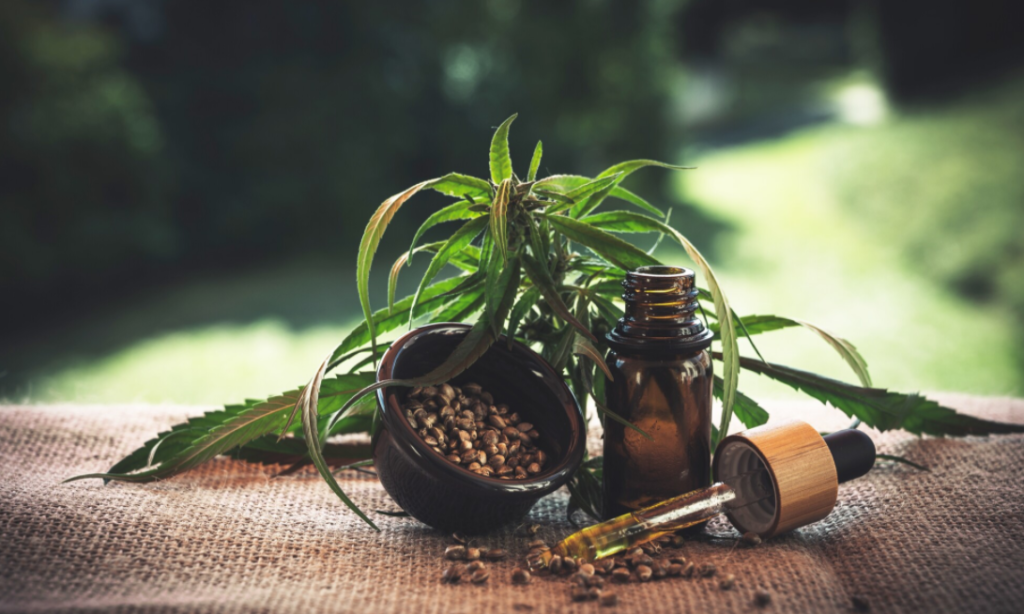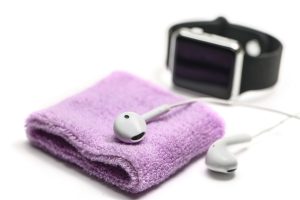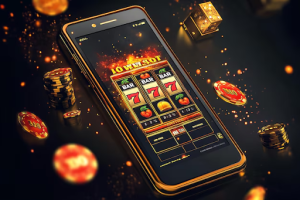
If you know anything about cannabis, you might already know that THC is a key cannabinoid found in this plant. But did you know that over 100 cannabinoids have been identified? So there are plenty others out there to discover!
For instance, CBD is another famous cannabinoid. But what about other lesser-known ones, such as CBG?
When it comes to CBG vs CBD, what’s the difference anyway? Read on to find out! You might just find that this new information can help you choose the right cannabinoid products to use.
What Is CBD?
“CBD” is short for “cannabidiol.” It’s found in both cannabis and hemp plants, but the majority of CBD products made today are from the latter. This is because cannabis products are still federally illegal while hemp products were made entirely legal by the Farm Bill of 2018.
In hemp plants, 40% of their composition is CBD, which means there’s plenty of this cannabinoid in each plant.
The reason why interest in CBD has exploded is that it has pretty powerful properties, many of which overlap with THC. However, the main difference is you don’t feel intoxicated when using CBD.
This means you can consume CBD, reap the benefits, and not have to worry about being impaired while doing work, going to school, caring for your children, or doing any other important task. As you can see, this makes CBD worth its weight in gold!
Benefits of CBD
So what are the CBD benefits you can get from using it? People mainly use CBD to treat pain, inflammation, anxiety, depression, acne, and cancer-related symptoms.
CBD also appears to be promising for several other things, such as heart and brain health, appetite stimulation, and sleep. It might also be a good treatment for epilepsy and seizures.
How to Use CBD
Just like with THC, there are several ways you can consume CBD. They are:
- Smoking/Vaping
- Eating (such as through edibles or capsules)
- Tinctures and oils (sublingually)
- Topicals (like lotions and creams)
The method you choose depends on what you wish to treat and your own personal preferences. For instance, eating edibles is much more discreet than smoking or vaping.
What Is CBG?
“CBG” is short for “cannabigerol.” Like CBD, CBG is also non-psychoactive, which means you won’t get high if you consume it.
CBG is actually considered a minor cannabinoid, so as you may have already guessed, there’s not much of it in cannabis plants. In fact, you’ll find that it makes up less than 1% of the plant’s composition.
Benefits of CBG
When it comes to CBG benefits, not much is known. Because it’s a minor cannabinoid, not as much research has been done on it.
However, scientists have found several potential benefits CBG might have. For example, it might be useful to treat things like Huntington’s disease, glaucoma, bladder dysfunctions, inflammatory bowel disease, cancer, and bacterial infections. Like CBD, it might be able to help with your appetite as well.
Keep your eyes peeled for more research. The more traction CBG gains, the more there will be.
How to Use CBG
You can use CBG in the same ways you would with THC and CBD, besides smoking and vaping. The main ways you can use this cannabinoid is by eating gummies or capsules, or using tinctures and oils. You can also use CBG topically.
CBG vs CBD: What’s the Difference?
As you can see, there are many similarities between CBG and CBD. However, as they are separate compounds, this means there will be key differences between them. Read on to find out what they are.
They Interact With the Endocannabinoid System Differently
Most cannabinoids will interact with your endocannabinoid system by binding directly to your CB1 and CB2 cannabinoid receptors. This rings true for CBG. More specifically, it binds with your cannabinoid receptors in your brain.
However, CBD is somewhat unique. Instead of binding directly to the receptors, CBD functions by indirect interactions.
You’ll Get CBG in Full-Spectrum CBD
Full-spectrum means that you’ll get everything that comes out of the extraction process, which means other cannabinoids, flavonoids, and terpenes. So if you’re buying full-spectrum CBD, you’ll get the added bonus of CBG in there.
On the other hand, you can technically get full-spectrum CBG and have some CBD in there as well. But considering CBD is a lot more popular, it’ll be easier to find this cannabinoid in full-spectrum form.
On that note, because it’s much easier to find CBD products, you’ll have more choices. Typically, you’ll only find CBG in isolate form, which severely limits your options Learn More.
They Both Contribute to the Entourage Effect
The entourage effect happens when you consume a product that contains cannabinoids, flavonoids, and terpenes. Each one of these compounds boosts the others, which means you get an amplified effect. So obviously, if you use a full-spectrum product, you’ll benefit from the entourage effect.
Otherwise, if you use something like a CBD or CBG isolate, you’ll only enjoy the benefits that come from that singular cannabinoid.
Reap the Benefits of Cannabinoids
When it comes to CBG vs CBD, they both have their own unique benefits. While you can certainly use each on its own, why would you do that?
The more cannabinoids (and other compounds) you’re consuming, the better it’ll be for you, thanks to the entourage effect. So if you’ve been meaning to try CBG or CBD anyway, it might be worth it to combine the experience. By killing 2 birds with 1 stone, you’ll be able to get the maximum benefits possible!
For more wellness articles, make sure you check out our blog section!








